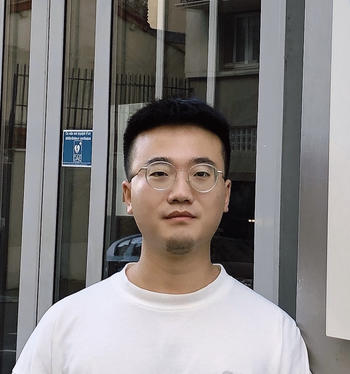Dr. Rongxin Li

Fellow in the project "A Translingual Conceptual History of Chinese Worlds" (April - June 2023)
Short Biography
Rongxin Li is assistant professor at the School of Government/Academy for Overseas Chinese Studies, Jinan University (Canton). Before, he has been postdoctoral fellow at School of Government, and assistant researcher at Research Center for Chinese Politics, Peking University. He received his Ph.D at the Research Center for Sociology and Politics in Paris, CNRS/Paris 8 University, working on comparative politics, Chinese politics, democracy and authoritarianism.
Project
Chinese Democracy since 1978For a long time, democracy seemed to be the monopoly of the West, and any non-Western democratic discourse or narrative was regarded as unorthodox and non-mainstream, and the interpretation of the latter was likely regarded as a misunderstanding of the concept of “democracy”, or, as termed, a “concept stretching”. My project however disentangles diversity of democracy in China by mapping an evolution of Chinese democratic discourses, thoughts, institutions and practices since 1978, a time when China actively rejoined the world.
The political party (the Chinese Communist Party after the founding of New China) and social elites and intellectuals are always predominant in promoting China’s democracy and democratization, the public is rarely involved. Nonetheless, this exploring of democracy in contemporary China, Chinese-style democracy in particular, is still a complicated process, in which a game of democratic concepts and ideas between China and the West is persisting, simultaneously, the influence of socialist (Communist Party) ideology, and the Chinese tradition and culture, are shaping the Chinese democracy. Therefore, simply seeing Chinese democracy as hypocritical or the Communist Party's authoritarian ideology is simplistic.
Of course, this is by no means a defense of authoritarianism. This project first attempts to demonstrate what Chinese democracy is or whether there exists a counterpart of liberal democracy from a paradigmatic perspective. Meanwhile, it also demonstrates how a de facto Chinese democracy evolved from an empirical perspective.
